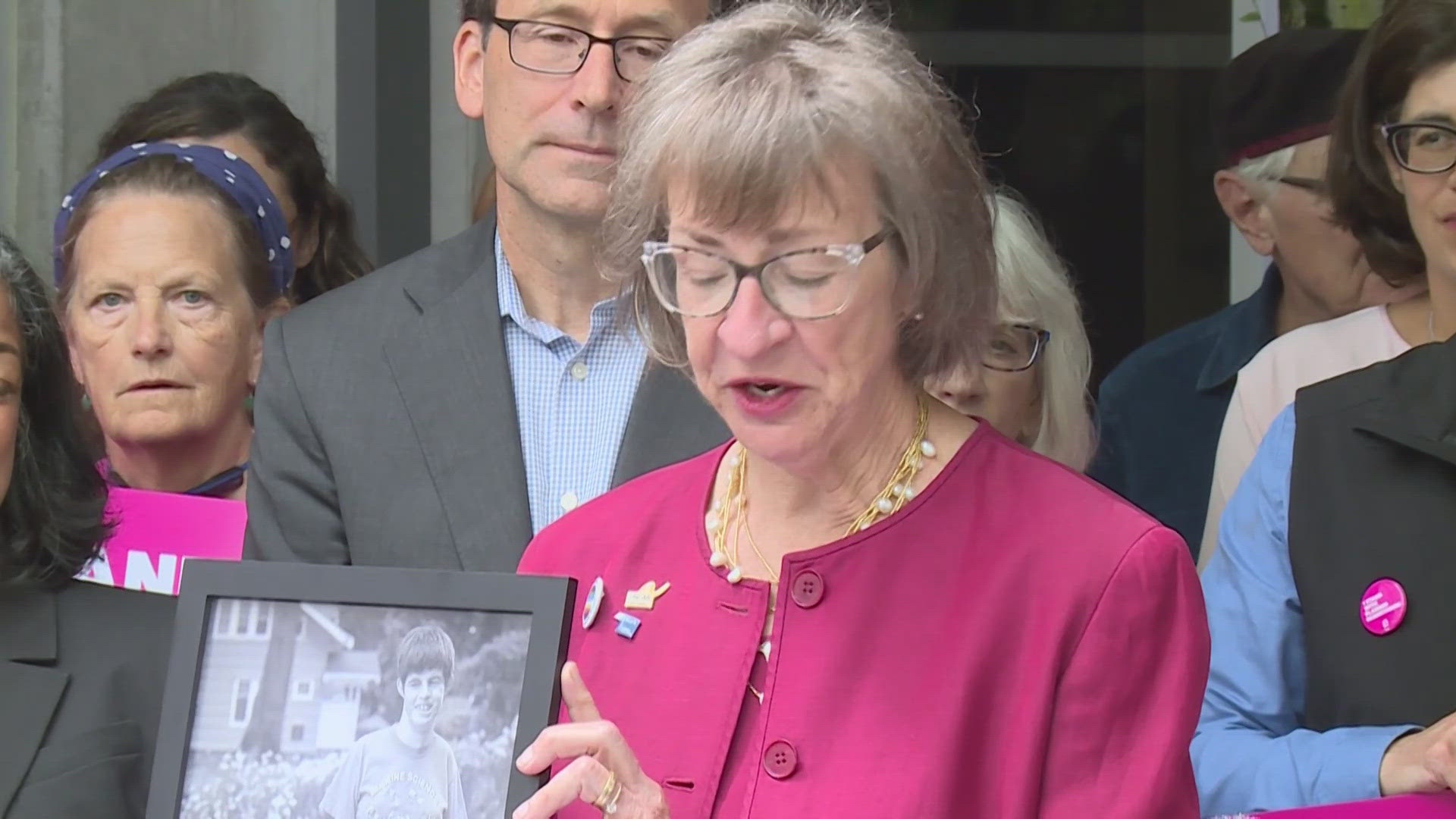SEATTLE — Gov. Bob Ferguson said Wednesday that Washington state will temporarily cover a sudden loss of Medicaid funding for Planned Parenthood, following the signing of a controversial federal law by former President Donald Trump.
Trump’s “Big Beautiful Bill,” signed July 4, includes a one-year moratorium on Medicaid funding for Planned Parenthood that took effect immediately. Medicaid, which by law cannot be used to fund abortion services, is one of the organization’s largest payers for preventive care, cancer screenings and contraception.
Planned Parenthood is now challenging the law in court.
Ferguson said the state will use emergency funds from the Washington State Health Care Authority to backfill the estimated $11 million in lost federal support, if the legal challenge fails.
“For a short-term gap like this, what we'll be doing is going to our Health Care Authority. They have a large budget,” Ferguson said during a press conference. “This is about a half of 1% of their budget — the millions we would need to backfill this.”
Ferguson emphasized that the state’s response is temporary and does not cover the much broader federal cuts expected under the new law.
“We are talking billions of dollars every single year. The state of Washington does not have billions of dollars lying around to backfill those,” he said.
Trump’s bill includes the largest reduction to Medicaid in U.S. history — a $1 trillion cut over 10 years. Washington is expected to lose at least $3 billion annually under the law, according to preliminary estimates.
Those cuts could result in:
- 250,000 Washingtonians losing Medicaid coverage
- 150,000 more being priced out of the state’s health insurance exchange
- A loss of $1.5 billion in hospital reimbursements by 2031
- About one-quarter of Washington’s population is on Medicaid. In 26 of the state’s 39 counties, more than half of all children rely on the program.
The new law also slashes funding for the Supplemental Nutrition Assistance Program (SNAP). An estimated 1 million Washington residents currently use SNAP, and more than 130,000 could lose their food assistance entirely.
At the same news conference, U.S. Rep. Pramila Jayapal, D-Wash., criticized how the federal cuts were delayed until after the 2026 midterm elections, while tax breaks for high-income earners took effect immediately.
“It will absolutely be one of the big things that we're talking about,” Jayapal said. “It's not just about elections. It's about people’s lives.”
Jayapal warned that rural hospitals, nursing homes and working families are already under pressure — even before the deepest cuts are implemented.

